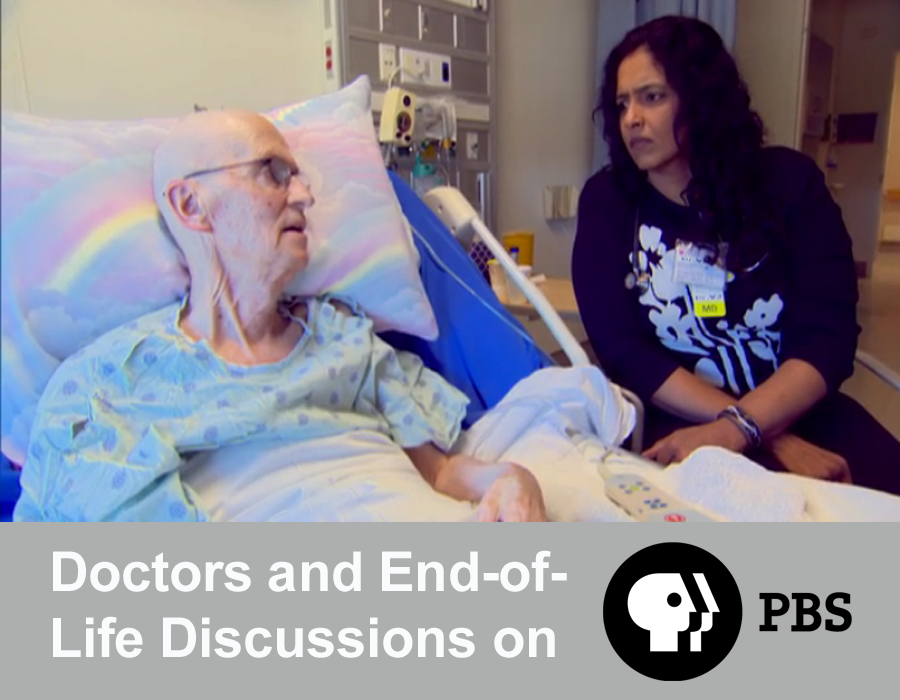Preparing yourself:
- Be aware that delivering bad news is stressful. If you have had a stressful day, check in with your colleagues who are supportive and discuss the issue with them.
- Ensure that you have adequate time to spend with the patient.
- Be aware that you may experience strong emotional responses (fear, anger, sadness) yourself.
- Recheck all the facts; review the reports; talk to the involved experts ( oncology, pathology etc) and get your facts straight
- Identify items on your agenda:
- What are you planning to tell the patient?
- What are you hoping to accomplish by the end of the meeting?
Preparing the patient:
- Determine who should be present at the meeting.
- Be aware that some patients live alone and have no family and friends. These patients are especially vulnerable to the stressful after effects of receiving bad news.
- Be aware that some patients may lack capacity to understand the medical information and make decisions.
- Patients from different cultural background may not speak or understand English. In such cases, please ensure that you have a trained professional interpreter available. It is not a good practice to have family members serve as interpreters.
Preparing the setting:
- Find a private and quiet place for the meeting.
- Make sure that everyone has a place to sit as feasible.
- Turn pagers to a vibration mode during the meeting.
- Have paper napkins/tissue available ( as patients may get very tearful)
- Make sure that the participants introduce themselves.




